CARPET TILE
Historically, carpet tiles have been used in areas that face high traffic such as offices and retail spaces, but it is now considered to be the height of fashion and practicality and offers many advantages for use in residential applications. With a variety of sizes, styles and colors, carpet tiles are great for creating one of a kind spaces.
Advantages of Carpet Tiles
- Ease of Installation
- Durability
- Easy to Maintain
- Design Options
Disadvantages of Carpet Tiles
- Loose or frayed edge
- Cost
- Stairwells
Ease of Installation - The range of sizes allow carpet tiles to be installed in odd room shapes with minimal waste and can be installed using adhesive and a utility knife – perfect for the DIYer.
Durability - The durability of a carpet tile relies heavily on the carpet backing. Cushion backing helps to absorb some of the impact of foot traffic, reducing damage and wear to the carpet’s fibers. A good backing will also help reduce moisture problems from the subfloor, allowing moisture to evaporate over time.
Easy to maintain - Vacuum or sweep at least once a week or more as required, to keep it clean. For deeper cleaning consult the manufacturer’s recommendations. A major advantage of carpet tile is if a significant stain cannot be cleaned, that piece of carpet tile can easily be replaced without replacing the whole floor.
Design Options - There are countless design options for carpet tile. Plank sizes or square sizes with different color and texture combinations allow for customized patterns of installation that create truly one of a kind spaces. You decide the amount of wow factor in your space.
Loose and Frayed Edges - Carpet tiles over time tend to show frayed edges with regular wear and tear. Using a high quality carpet adhesive can help in reducing the occurrence of loose and frayed edges.
Cost - Carpet tiles have a higher initial cost than standard broadloom (roll) carpet but its minimal required maintenance and ease of installation makes it a viable alternative to broadloom.
Stairwells - Broadloom (roll) carpet is the best option for stairs. Carpet tile edges could lift with normal wear and tear creating trip hazards. Carpet tile on stairs would require a rubber nosing piece to be installed while broadloom carpet can roll over the nosing in a seamless installation. There are many broadloom options that coordinate with many carpet tile designs.
LVP – LVT
LVP and LVT in commercial spaces is gaining popularity – ease of installation and maintenance make is a top product for retail and office spaces.
While residentially rated products would have a 12 mil wear layer, most commercial LVP and LVT’s have a 20 mil or higher wear layer. The variety of sizes and styles available in stone, concrete and wood designs allow for endless installation options and coordination with other products.
Commercial spaces require glue down installations which could show variations in the substrate below. Select flooring that minimizes the imperfections showing through.
LINOLEUM
Among the “greenest” of floors, linoleum is made from natural materials: linseed oil, resins, recycled wood flour, cork dust, limestone and mineral pigments, mounted on jute backing. It’s naturally anti-bacterial and biodegradable – perfect for use in hospitals and institutions. It contains no phthalates, no plasticisers and no mineral oil.
One of linoleum's most distinctive qualities is that the entire thickness of the wear layer (everything except the jute backing) is homogeneous. This means that the color and pattern extend throughout the entire floor surface.
Linoleum is very resistant to gouging and scratching and stands up to heavy traffic. Even if it does get scratched, the color and pattern still remain the same. Linoleum can last more than 40 years if it’s installed and maintained properly.
Where to Use - Linoleum can be installed in most any room, but is not recommended for stairs or bathrooms - due to the moisture and its contribution to excessive expansion and contraction of the product.
Installation - If you choose linoleum flooring, professional installation is highly recommended. Linoleum is stiffer and harder to work with than vinyl sheet and most other flooring types. Special tools and training are required to properly install linoleum.
Your installer will seal up the seams in your linoleum floor to keep out moisture and dirt. The heat-weld method uses a linoleum rod that is melted between sheets and worked with a special tool to create the waterproof seam. Rods are color-coordinated and produce seams that become part of the design. Alternatively, chemical adhesive may be used to seal joints.

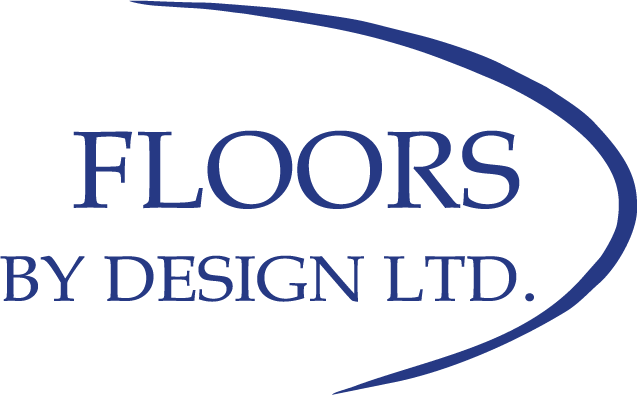
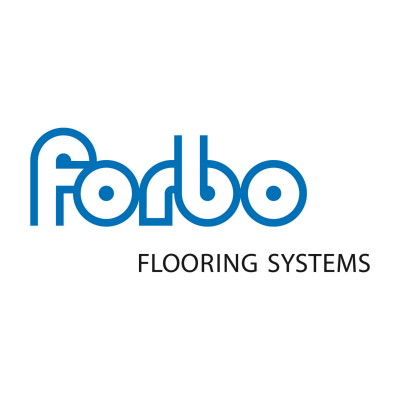
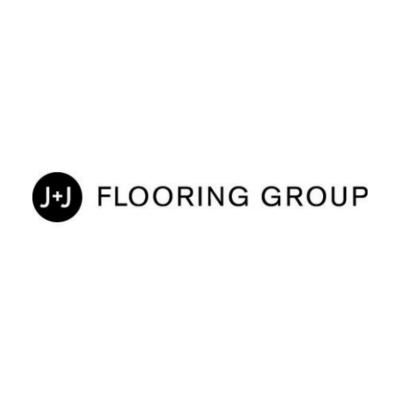




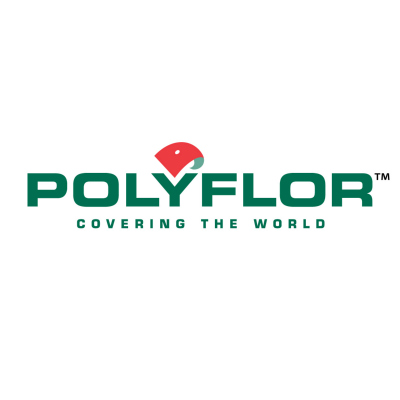
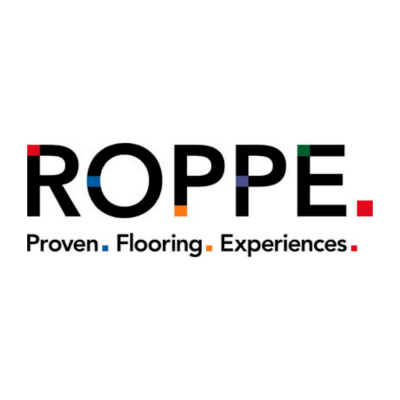
.png)
